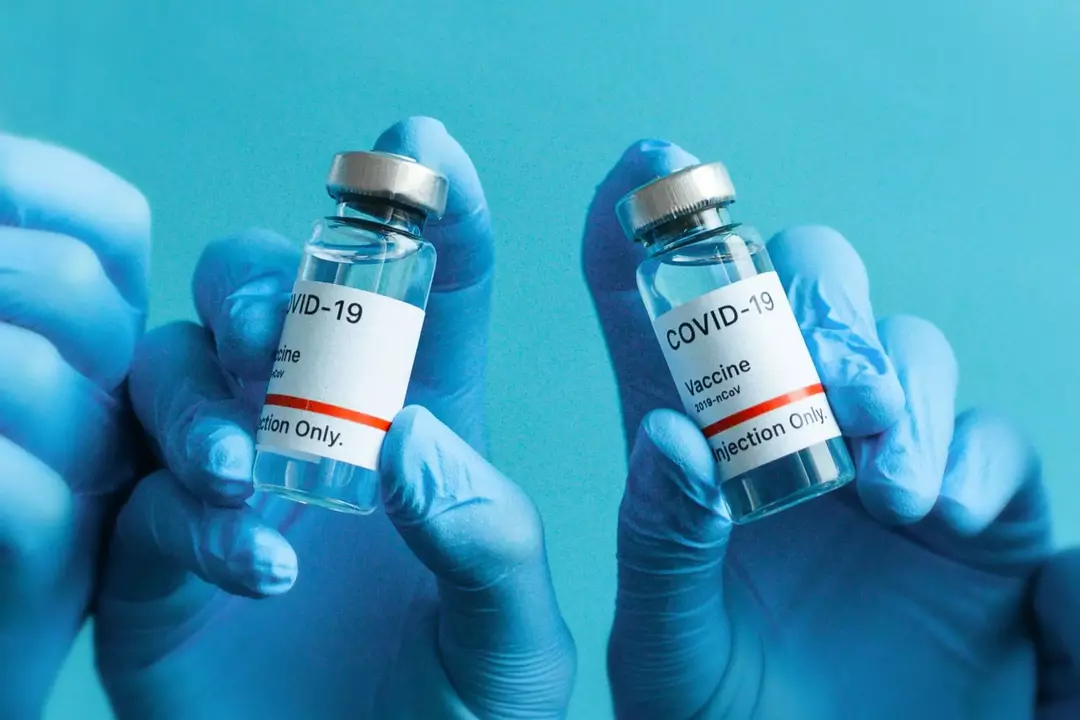Myocarditis risk: how to spot it and what to do
Myocarditis means inflammation of the heart muscle. It can come on after a viral illness, from some medications, or—rarely—after vaccines. Most cases are mild, but some cause serious trouble like chest pain, fainting, or heart failure. Knowing the risks and early signs helps you act fast.
Who’s at higher risk and common causes
Young men get myocarditis more often than other groups, especially after viral infections like COVID-19 or the flu. Other causes include bacterial infections, autoimmune conditions, certain drugs (some antibiotics, chemotherapy agents, and psychiatric meds), and illegal stimulants such as cocaine. If you’ve had a recent infection, new medication, or a drug binge and feel off, take it seriously.
Signs you shouldn’t ignore
Watch for chest pain that feels different from acid reflux, shortness of breath at rest or with light activity, racing or skipped beats, sudden weakness, or passing out. If these happen after a recent cold or fever, head to urgent care or the ER. Even if symptoms are milder—new fatigue or faster-than-normal heart rate—check with your doctor, especially before resuming intense exercise.
How doctors check for myocarditis: first they’ll do an ECG and blood tests (troponin shows heart muscle injury). An echocardiogram looks at heart function. Cardiac MRI is the best noninvasive test to confirm inflammation. In rare or unclear cases, a tiny biopsy from the heart is done in hospital.
Treatment depends on how sick you are. Mild cases often need rest, avoid exercise for weeks to months, and close follow-up. If inflammation is more severe, doctors may use anti-inflammatory medicines, steroids, or immune therapies. Heart-failure meds like ACE inhibitors or beta-blockers help when pumping is weak. Serious cases may need ICU care for arrhythmias or mechanical support.
Here’s practical advice you can use today: if you’ve had a recent viral illness and now have chest pain, shortness of breath, or fainting, don’t wait—seek urgent care. Avoid high-intensity workouts until your doctor clears you. Skip stimulants like cocaine and talk with your prescriber if a new medication seems linked to symptoms.
On prevention: vaccines lower the risk of severe infections that can cause myocarditis, and for most people the benefit outweighs the tiny vaccine-linked risk. Keep up with flu and COVID shots, treat infections early, manage autoimmune disease with your specialist, and report any unusual chest or heart symptoms quickly.
Recovery varies. Many people improve in weeks with no lasting damage; others need months of medicine and monitoring. If you’ve had myocarditis, plan follow-up care with cardiology and avoid pushing your heart too hard until tests say it’s safe.
If you want, I can point you to trusted articles about heart inflammation, testing, or safe medication use on our site.
Azathioprine and the Risk of Myocarditis: A Comprehensive Review
In my latest blog post, I delved into the relationship between Azathioprine and the risk of myocarditis through a comprehensive review. Azathioprine, an immunosuppressive drug, is commonly used to treat various autoimmune diseases. However, it has been associated with a higher risk of developing myocarditis, an inflammation of the heart muscle. This review explored the possible mechanisms of action, clinical manifestations, and the need for early detection and management of this potential side effect. It's essential for both patients and healthcare providers to be aware of this risk when considering Azathioprine as a treatment option.
read more